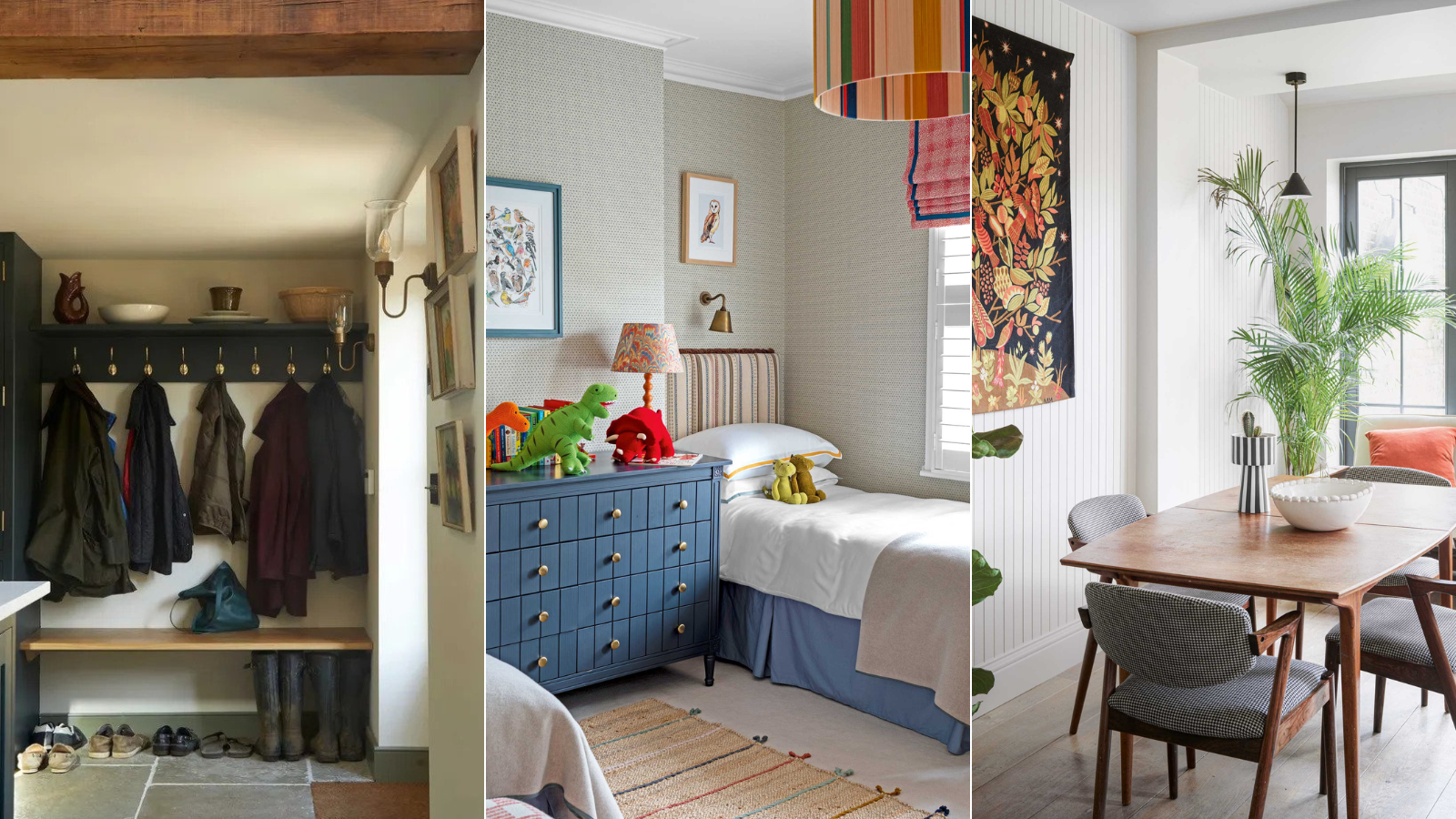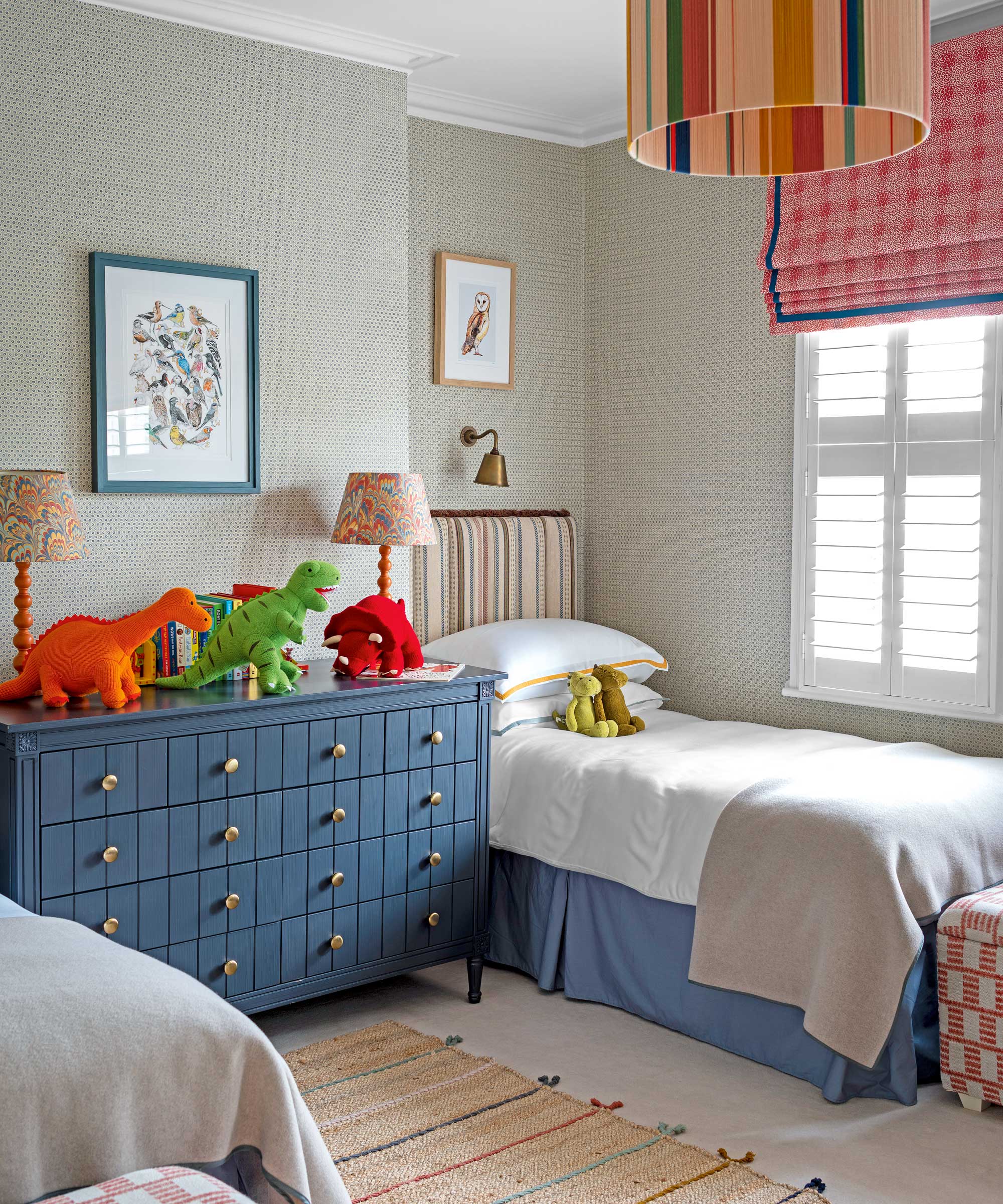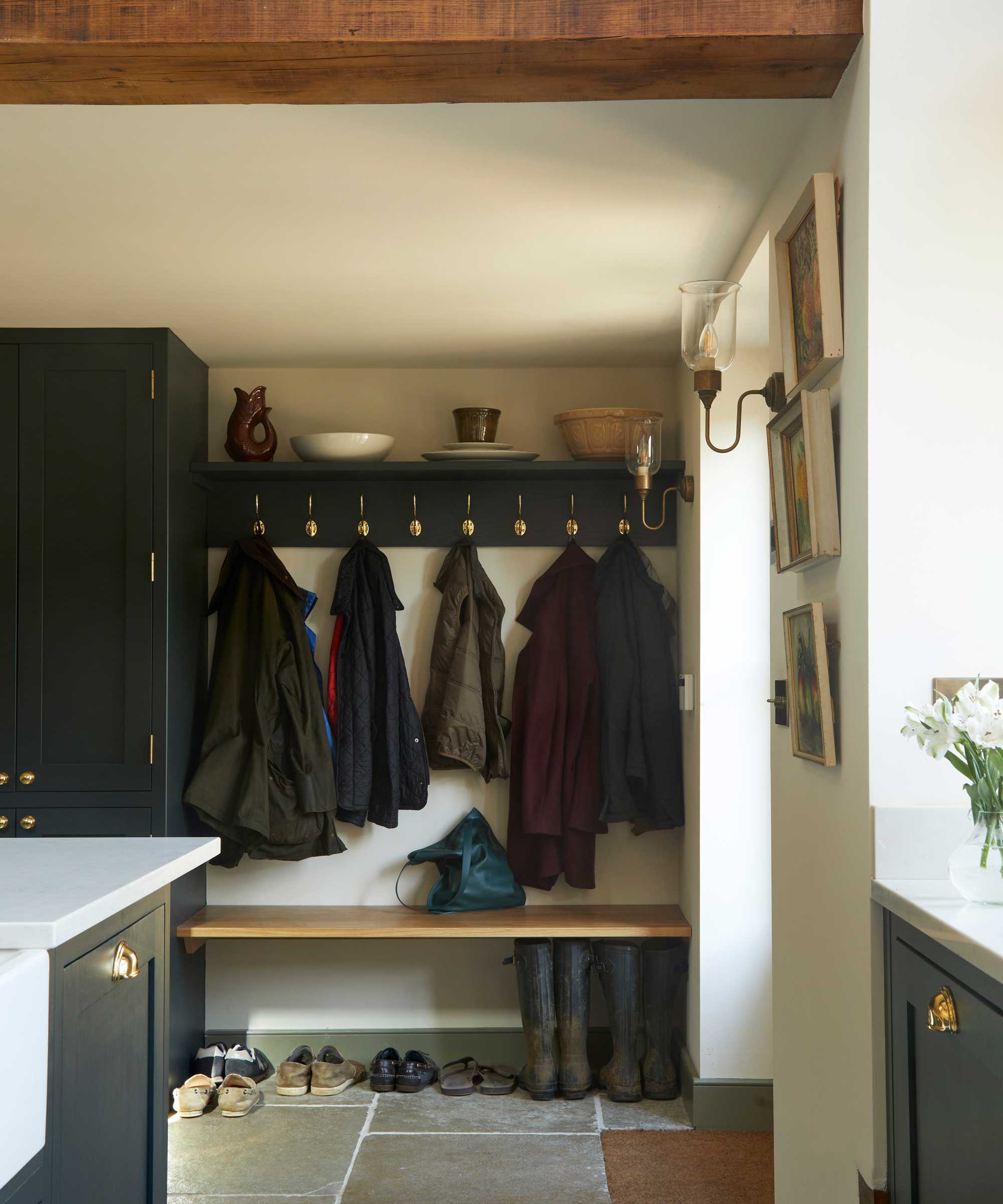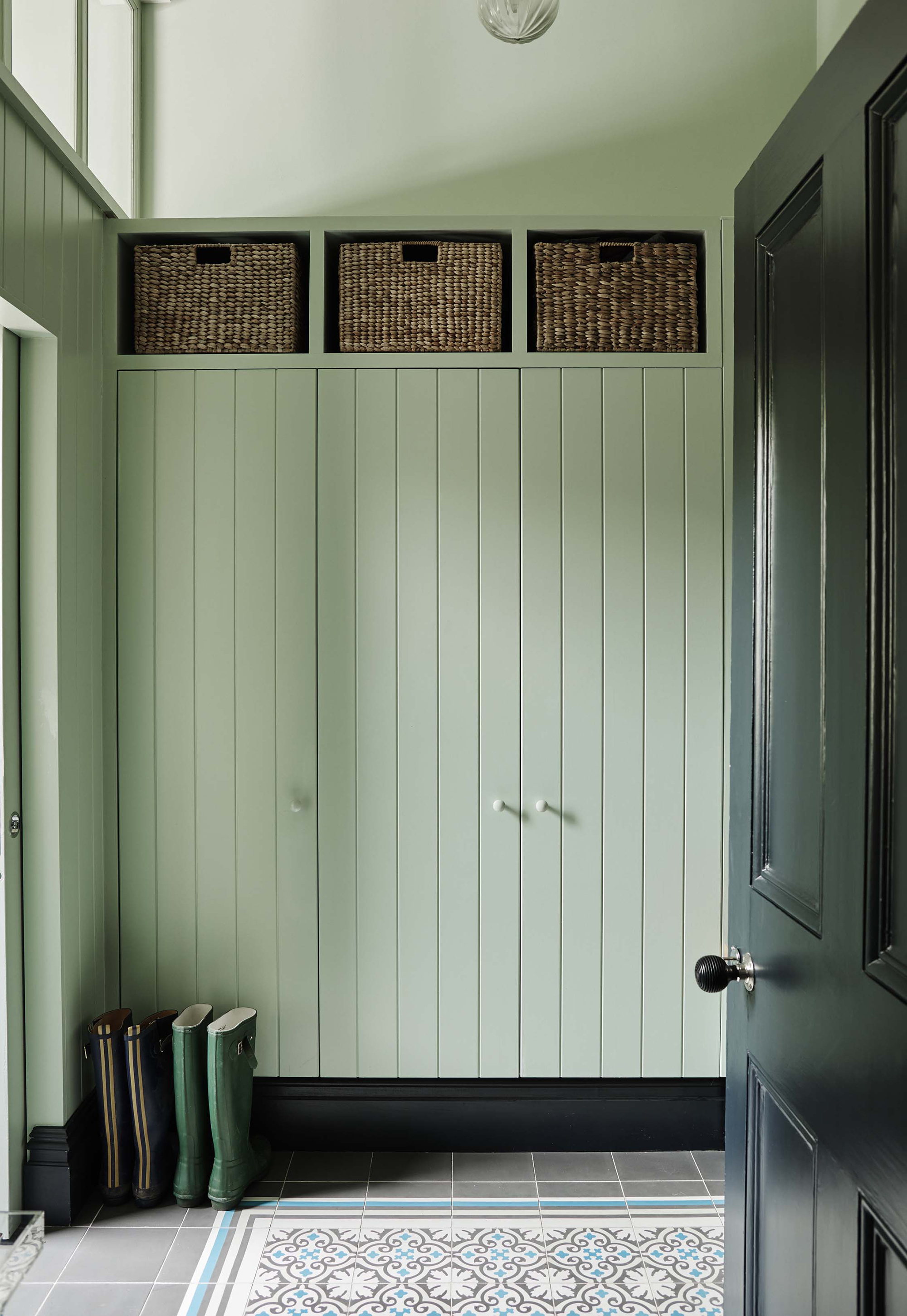
We’re not expecting them to jump at the chance, but decluttering your home when your family isn’t on board at all is a challenge. It doesn’t mean you’re destined for a disorderly home, there are ways around it, but you’ll need to tread carefully if you want to keep the peace.
The simplest solution is to just declutter around your family, rather than with your family, right? Perhaps, but you’re setting yourself up for hard work, and your little ones won’t love you for it in the long run. You’re much better off playing the long game and encouraging your family to declutter with you. While nagging is tempting, there are more productive ways to do it, and you’ll wind up with a happier home life, too.
We’ve put together a list of ways to declutter your home when your family isn’t on board, along with some expert decluttering tips on how to motivate and encourage. Don’t expect immediate results, you’ll likely be the sole enthusiast to start with, but keep at it and those good habits will soon start to sneak in.
How to declutter your home when your family isn’t on board
As tempting as it is to get the ball rolling, decluttering someone else’s things without involving them is one of the biggest decluttering mistakes you can make. What might not seem important to you can hold a lot of emotional significance to others. If you’ve tried to declutter a house when your partner is a hoarder, or declutter toys without your child’s approval, you’ll know what we’re talking about.
It’s frustrating, but you’re far better off encouraging minimalism at home. They may not be on board right now, but over time, your family will soon appreciate the benefits of decluttering.

1. Talk about it beforehand
It’s easy to make assumptions about why your family isn't on board with decluttering (laziness usually being the main one!) yet there’s all manner of reasons why they might be holding back, some you may even be able to resolve.
Perhaps they’re not sure where to start, or how to declutter while feeling overwhelmed. Maybe they struggle with decision-making or find decluttering sentimental items too emotional. Whatever the reason, feeling supported can make letting go of stuff a lot easier. Take the time to talk things through beforehand and come up with a decluttering checklist that everyone is comfortable with.
‘The key is to foster a sense of teamwork and shared responsibility. By making the process inclusive and considering everyone's perspective, you're more likely to gain cooperation in decluttering endeavors, perhaps even get a little hands-on help with it, too if you’re lucky!’ says Karina Toner, cleaning expert at Spekless Cleaning.
2. Be open to compromise

It’s important you remember that not everyone’s decluttering and home organizing ideas are going to line up perfectly. Your tolerance of clutter might be very different to that of your teenagers', for example! This isn’t a bad thing, but it can be tricky when you’re all living in one house. If you want to keep the peace, you’ll need to compromise.
‘While you may be eager to declutter the entire house, it’s important you respect the boundaries of others' personal spaces. Focus on communal areas initially, and be open to compromise. Discuss what items are truly essential and what can be let go,' says Karina.
When it comes to donating items, don’t go for the easiest option. Take the time to track down a charity that your family cares about and that they can relate to. ‘Knowing their items are going to help a cause close to their hearts can make the process more appealing and gives them a sense of control,’ says professional organizer Sara Bereika, founder of Sara Jane Organizing.
3. Lead by example
As we’ve already mentioned, decluttering on behalf of somebody else is a big no-no, so take the opportunity to focus solely on your own belongings, you can do what you want with those. Make a point of separating them out from other family member’s items and work through them methodically, category by category.
‘It might feel a bit selfish, but it’s for the greater good – doing something productive will help take the pressure off, and seeing positive results could inspire the rest of your family to join in, too, or at least set a good example for the future!’ says Millie Hurst, Solved section editor, Homes & Gardens.
4. Keep it simple...

If it’s the hassle and upheaval that puts your family off, prove that it’s possible to declutter without making a mess, and that it can be done quickly and efficiently, too.
‘Set specific, achievable goals for yourself for each session, focusing on one room or category at a time. Before you start, designate boxes or bags for items to keep, donate, sell, and discard. It’s a simple system, but it really helps to streamline decision-making and keeps the process efficient,' says Karina.
5. ...and start small
Piling on the pressure is the worst thing you can do, so start small. Completed coloring books, holey socks, stained t-shirts, broken toys… these sorts of items are easy to discard, they’re more like trash, really. Reframing it in this way, as ‘tidying’ rather than ‘decluttering’ can help to remove the overwhelm.
As your family becomes familiar with this process, you can start to build it up. Next time you declutter, ask them to seek out duplicates, too. Then move on to more sentimental items, such as soft toys or clothes.
6. Make it fun
‘Most of us can spot a guilt-trip or a high-pressure tactic a mile away and it makes us run in the opposite direction. The key to a successful family decluttering session is to keep things light, positive and fun,' says professional organizer Jessica Rogers, founder of Peaceful Home Organizing.
Decluttering doesn’t have to be a chore; create a party atmosphere by sticking on some music and getting refreshments on the go – enjoy making new family memories as you remember the old ones!
7. Start by organizing, rather than decluttering

As a general rule, we’d always advise decluttering before you start organizing. However, if you’re dealing with a household of hoarders, a bit of gentle ‘rearranging’ (with the promise that you won’t get rid of anything) can be a good first step towards a more orderly home.
As you’re organizing your family’s belongings, put yourself in their shoes and think about how you can make their life easier. While you’re at it, highlight items that could potentially be decluttered – anything broken, or duplicates, for example. Once they’ve seen what a difference good organization can make, they might be inspired to remove them.
8. Offer to help
You can’t declutter for them, but you can certainly offer to help. Don’t be offended if they say no, but if they do say yes, go easy – this is your chance to show that decluttering isn’t all that bad, and the skills you pass on could last a lifetime.
'Consider setting up some clear glass jars, such as these from Amazon, so that people can tally up their decluttering wins with beads or marbles', says Millie.
‘This is great for both children and adults. It may sound silly, but it's a great way to register the satisfaction of completing a task and motivate you to clean and declutter in the future.'
9. Don’t give up
'Consistency is key. Let your family see this isn’t just a passing phase, but a new lifestyle for you. As they see you hold on to new habits, they may adopt them as well – or at least respect your progress!’ says Jessica.
FAQs
How do I get my family on board with minimalism?
Living with less ‘stuff’ is a harder concept to grasp for some than others, children in particular might find it a little worrisome! Despite what they might think, they certainly aren’t missing out.
Agree on a common goal to work towards, one that benefits everyone. Organizing a playroom so there’s more space to play, selling old toys and using the money to go on vacation, for example. Reassure little ones (and bigger ones) that birthdays and holidays can be just as exciting with gift ‘experiences’, and you’ll make some lovely family memories.
Rest assured you’re not depriving anyone; the less ‘stuff’ we have, the more we appreciate it – and it’s better for the planet, too.
While it’s possible to declutter a home without your family on board, it’s a lot easier if they are, so take the time to encourage and motivate. It’ll result in more than just an orderly home – less time spent tidying (or tripping up over things) means more time to spend together doing things you enjoy, not to mention less bickering!







